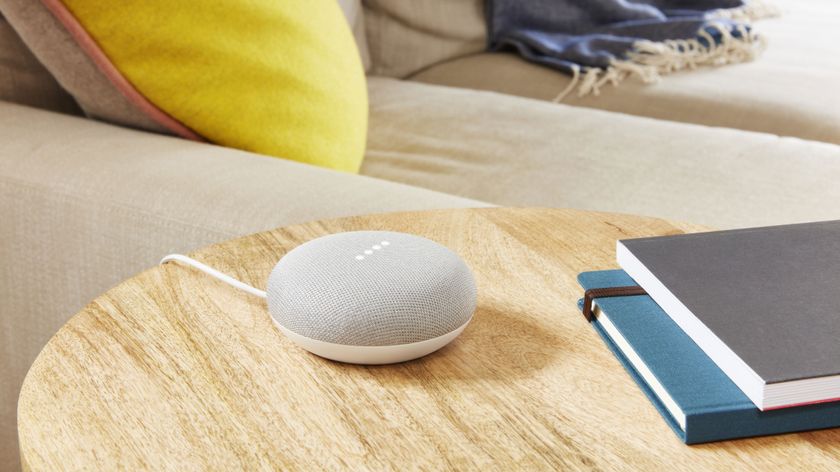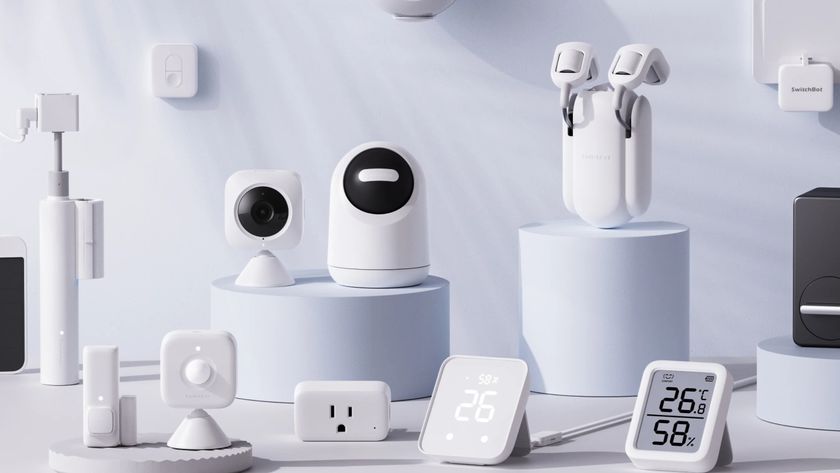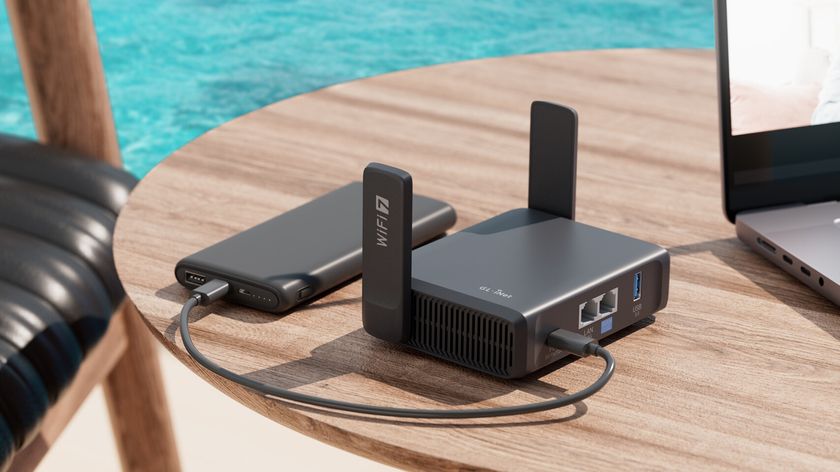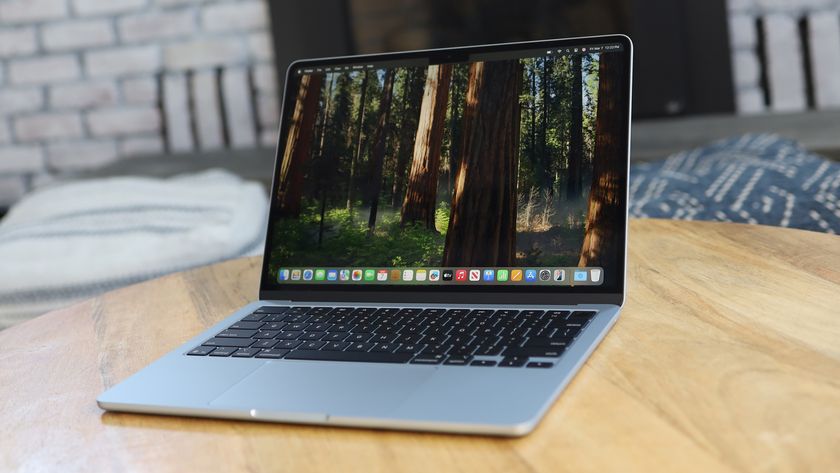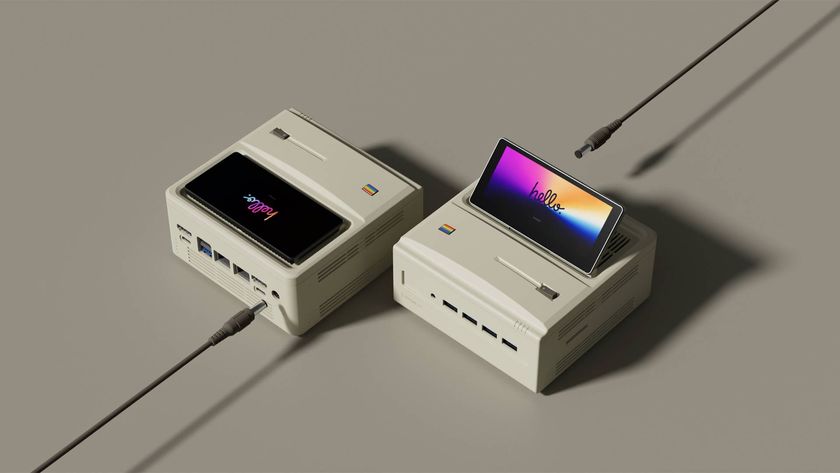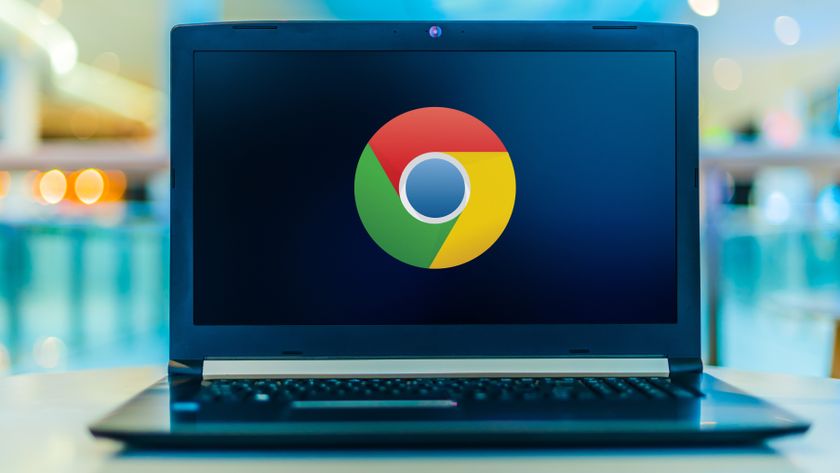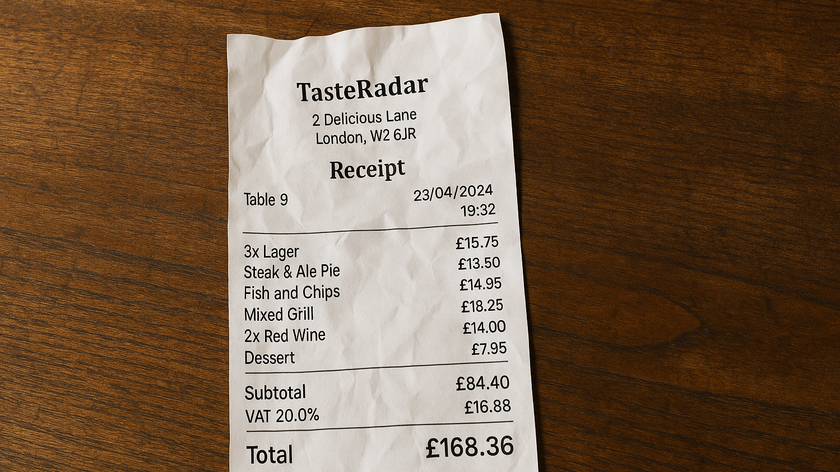The Milo does what even the Amazon Echo Plus can't – be a true home hub
Able to talk to you and your devices
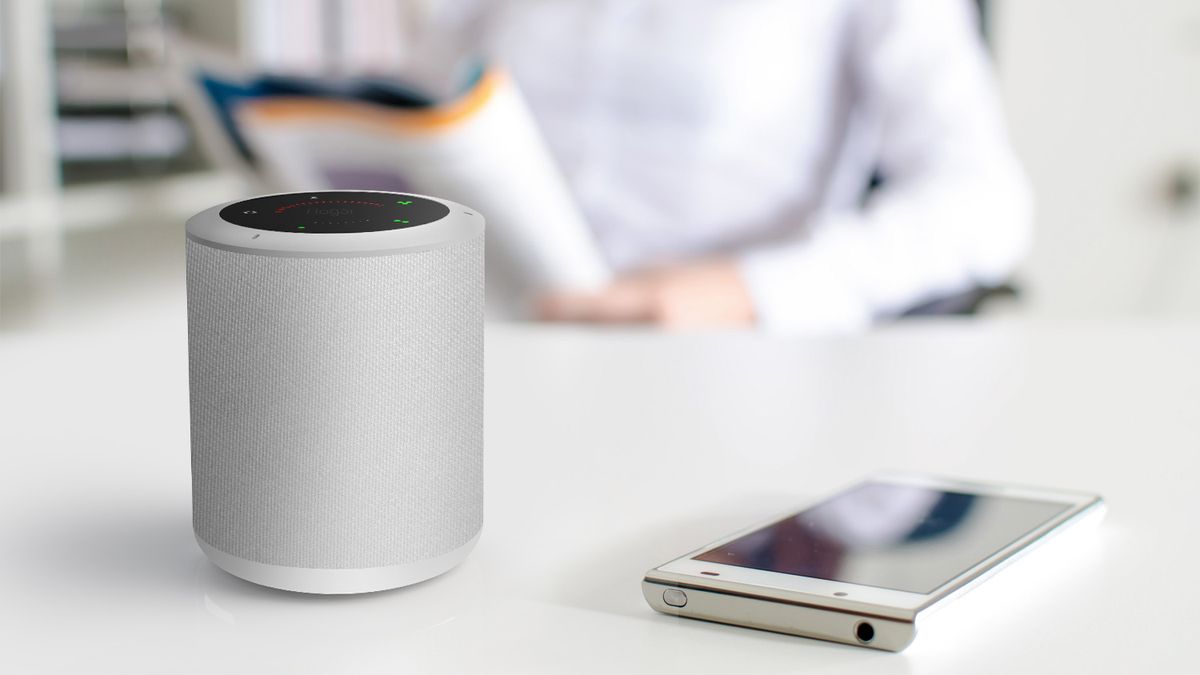
One of the most confusing parts of the smart home setup at the moment is the need for a separate smart hub that enables you to control all of your smart devices from one place.
Smart home company Hogar Controls thinks it has the answer in the from of its Milo speaker, of which more in a moment. But first a little about the problem that the Milo is designed to address.
You may not even realize that your smart speaker (think Amazon Echo or Google Home) isn’t a hub, though it certainly feels like it should be, and in the case of the Amazon Echo Plus it almost is – but even this top-of-the range device still doesn’t contain all of the wireless protocols necessary to communicate with all the devices in your smart home.
A standard smart speaker like the Google Home or the basic Amazon Echo will have Wi-Fi and Bluetooth, but will lack Z-Wave and Zigbee, two competing low-energy wireless connection technologies that are hugely popular in the smart home field.
One step too many
What this means is that you have to buy a separate hub like the Samsung SmartThings hub, which you then command using your smart speaker. It just feels like an unnecessary layer of complication in an already complicated setup.
What would be ideal is a smart speaker that already has Z-Wave, Zigbee, Wi-Fi, Bluetooth, and even infrared like the Homey hub has, so you didn’t need two separate devices.
While this may sound like asking for the moon on a stick, this is exactly what Hogar has managed to do (minus the infrared) with the Milo speaker, which it’s showcasing at CES 2018.
Get daily insight, inspiration and deals in your inbox
Sign up for breaking news, reviews, opinion, top tech deals, and more.
- New year, new tech – check out all our coverage of CES 2018
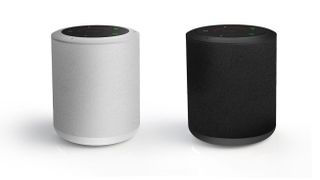
What’s more, it only costs a very reasonable $149 (about £120, AU$200). That’s more than the standard Amazon Echo or Google Home, but the same price as the Echo Plus.
Now, we're not saying the Milo is a better speaker than those devices. We’ve not had hands-on time with the Milo, and from looking at the specs it doesn't seem quite as impressive as its competition. For example, it only has a three-microphone array which is half the number of the Echo.
But our point is that the first smart speaker that can truly function as a smart home hub competitor hasn’t come from Amazon or Google. And that’s a little surprising.
It’s possible to speculate that, with Amazon backing Zigbee, Z-Wave will end up being the Betamax of the smart home race, but for the time being at least smart speakers need to start providing a real alternative to smart home hubs.
According to Hogar, the Milo smart speaker will be available soon. We'll be trying it out to let you know if it's worth buying, and keeping an eye on the big names to see whether the next wave of smart speakers solves the separate hub problem.
- New year, new tech – check out all our coverage of CES 2018 straight from Las Vegas, the greatest gadget show on Earth
Andrew London is a writer at Velocity Partners. Prior to Velocity Partners, he was a staff writer at Future plc.

